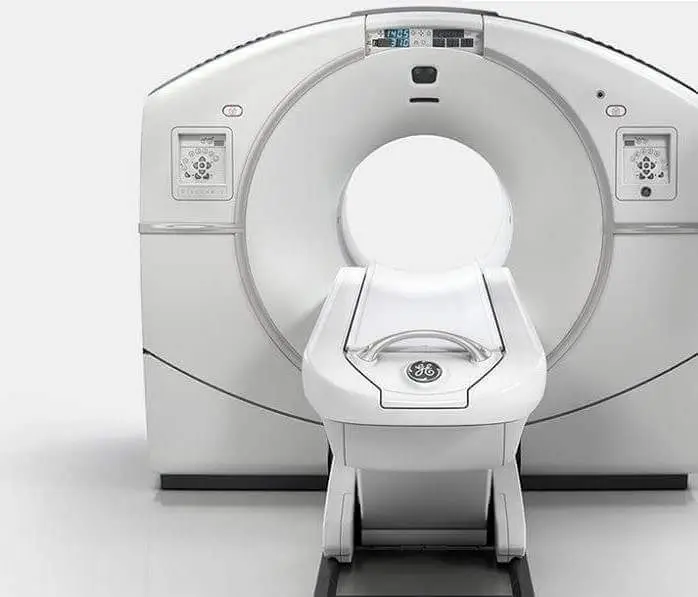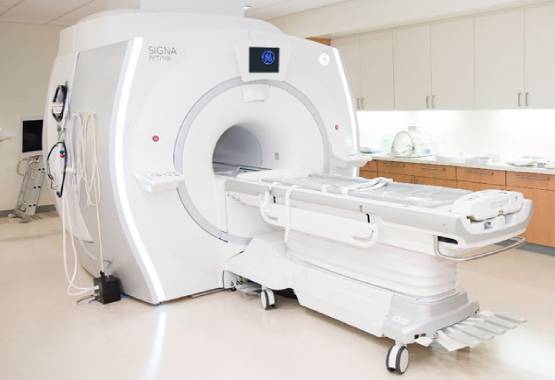Best Diagnostic Center in Chandigarh for All Medical Imaging Needs
As the leading diagnostic imaging center in Chandigarh, we provide comprehensive radiology services including MRI, CT Scan, PET-CT, Ultrasound, X-ray, Echocardiography, ECG, and EEG. Our state-of-the-art facilities are equipped with the latest diagnostic technology to deliver accurate results for patients across Chandigarh, Mohali, and Panchkula.
Why Choose Our Diagnostic Services in Chandigarh?
- Advanced technology with 1.5T and 3.0T MRI scanners
- Most affordable rates for all diagnostic tests in Chandigarh Tricity
- Same-day reporting by specialized radiologists
- Conveniently located centers across Chandigarh
- Complimentary pick and drop services for patients
- Open 7 days a week including holidays
Visit our centers in Sector 34, Sector 22, or Sector 17 Chandigarh for the best diagnostic experience. Book your appointment today for high-quality, affordable diagnostic services in Chandigarh.
Can an Abdominal Scan Detect Infection?
Well, the answer to your question, can abdominal scan detect infection, is yes! Doctors recommend an abdominal scan to identify if there is an underlying infection in your abdominal organs and tissues. In the last two decades, advances in cross-sectional imaging paved an accurate diagnosis and management of various infections!
Overview:
Perhaps, structural imaging studies determine the presence of abnormal tissues, fluid buildup, or increased blood flow that pops up with the growth and spread of certain infections. Multiple diagnostic modalities exist today in this regard. While some look for viral or bacterial metabolism during an intra-abdominal infection, some locate the biological position.
So, if you have symptoms like –
- High Fever,
- Acute abdominal pain,
- Fatigue
- Nausea & vomiting,
- Prolonged diarrhea,
- Reduced urination,
- Extreme Thirst,
- Loss of Appetite, or
- Persistent constipation,
Please see a doctor! Your doctor, in examining your physical condition, shall prescribe an abdominal scan to locate the anatomical site, type, causes, and extent of the infection if any!
What Is An Abdominal Scan? What Are Its Different Types?
An imaging test that looks into the structures and functions of your abdomen from outside is body is what we call an abdominal scan. This scan lay conducted to trace a potential problem in your body, herein, an infection causing the different health issues in your daily life.
Abdominal scans lay performed in hospitals, clinics, and radiology centers, on an outpatient basis. Meaning you do not require a hospital stay to pursue an abdominal scan. All methods falling under the abdominal scan category are painless and non-invasive.
The different types of abdominal scans that your doctor may recommend to diagnose infections are –
An Abdominal X-Ray, An Abdominal Ultrasound, An Abdominal CT, An Abdominal MRI, an Abdominal PET scan,
And more! While an abdominal X-ray uses electromagnetic radiation beams to create two-dimensional images of your abdominal anatomy, an ultrasound uses sound waves to generate the images. On one hand, x-rays are cheaper and easily accessible. And on the other, abdominal ultrasounds are safer as they do not involve any radiation.
An abdominal CT or Computed Tomography works similarly to an x-ray. But it is more accurate in diagnosing infections at their early stage and thereby helps doctors rule out infections at their earliest. During this process, several x-ray beams are in action to create slices or cross-sectional images of your abdominal organs and tissues from different angles.
Likewise, an abdominal MRI or Magnetic Resonance Imaging is the diagnostic modality that uses powerful magnets and radio waves to visualize your abdominal structure. Doctors typically recommend this scan to clarify the findings in a CT or ultrasound and assess infection in the soft tissues.
Besides, your doctor may order an abdominal PET scan or Positron Emission Tomography scan to assess the metabolic activities in your abdominal organs. An abdominal metabolic function in the scan results indicates an underlying disease, including an infection or an inflammation occurring from an infection!
What Organs Does An Abdominal Scan Show?
Whichever abdominal scan your doctor recommends, it shows the organs, muscles, and fats in your abdominal area. Yes. An Abdominal scan reveals the digestive organs, the excretory organs, the endocrine organs, the exocrine organs, the circulatory organs, and parts of your reproductive organs.
To be more precise, organs such as –
- Stomach,
- Liver & Bile Ducts,
- Gallbladder
- Pancreas,
- Kidneys,
- Small Intestine & Large Intestine,
- Colon,
- Spleen,
- Appendix,
- Uterus (in women)
- Blood Vessels in the Abdomen, and
- The Connecting tissues in your abdominal cavity lay shown in the images.
An abdominal scan can help your doctor evaluate the organs’ size, shape, and consistency. It can examine the blood flow to the respective organs and the condition of your connecting tissues. This scan can even distinguish between the connecting tissues and an existing abnormal mass. An alteration in the structure or function of these organs is a probable sign of infectious diseases.
What Type of Infections Can an Abdominal Scan Detect?
Well, you already secured the answer to your question, can an abdominal scan detect infection? But do you know what kind of infections it can diagnose? Here they go!
- An abdominal scan can diagnose bacterial gastroenteritis, such as E. Coli and Listeria, caused by contaminated food or drink.
- It can detect parasitic stomach infections, like those caused by Endamoeba or Giardia.
- An abdominal scan helps identify stomach Infections caused by viruses, like Rotaviruses or Norwalk agents.
- If you have bowel infections caused by bacteria like Shigella, Clostridium, or Campylobacter, an abdominal scan can detect it.
- Doctors ask for an abdominal scan to examine pyelonephritis, i.e., a kidney infection originating from a specific kind of urinary tract infection.
- Your doctor may also order an abdominal scan to find hepatitis A, B, or C, the viral liver infections.
- An abdominal scan can detect infectious pancreatitis (inflammation of the pancreas) and cholangitis (infections of your bile ducts).
- It can even detect cholecystitis, a condition where your bile gets trapped in the gallbladder and turns infected with bacteria.
- An abdominal scan helps diagnose diverticulitis, i.e., an inflammation or infection of the pouch-like diverticula that develops in your digestive tract.
- If and when the tissues lining up the abdomen get affected by infections and thereby swell up, your doctor may recommend an abdominal scan.
- Furthermore, an abdominal scan can reveal intra-abdominal abscesses (fluid/ pus collection) triggered by a bacterial infection.
How Accurate Is Abdominal Scan In Diagnosing Infections?
Now, the question arises – Can abdominal scans detect infection with accuracy? Well, different abdominal scans hold different accuracy rates in detecting different infections in your abdominal organs.
- While an ultrasound holds 83.33% accuracy in diagnosing pancreatitis, a contrast-enhanced CT reserves 93.33% diagnostic accuracy for the same!
- While MRIs are 86 to 94% sensitive in diagnosing diverticulitis, a CT scan is 79 to 99% sensitive for the same!
- According to studies, a CT scan is 93% specific and 52% sensitive in Diagnosing a bowel infection caused by clostridium bacteria.
- As per studies, a PET scan has 90% accuracy in diagnosing fungal infections in your abdominal organs.
- Multiple research shows that A CT scan reserves over 95% accuracy in diagnosing abdominal abscesses.
Final Thoughts:
Hence, it must be clear that abdominal scans are significant in detecting various infections, and your doctor shall pick the most accurate modality for it. However, none of the abdominal scans are 100% accurate. So, when one test fails to provide a clear picture of the infection type, location, or extent, your doctor may prescribe a second imaging test!
If and when your doctor asks for an abdominal MRI in Chandigarh, you can book one as per your schedule from our website, www.mrichandigarh.com. All labs you find here are NABL-accredited and use state-of-the-art technologies. Such medical care turns more beneficial when you avail yourself of our discounted rates. Ready?






